5 Women Discuss Being Afro Latina And Embracing Their Black Identity
What Does It Mean To Be “Afro Latina?” 5 Latinx Women Discuss Embracing Their Black Identity - Page 4
Share the post
Share this link via
Or copy link
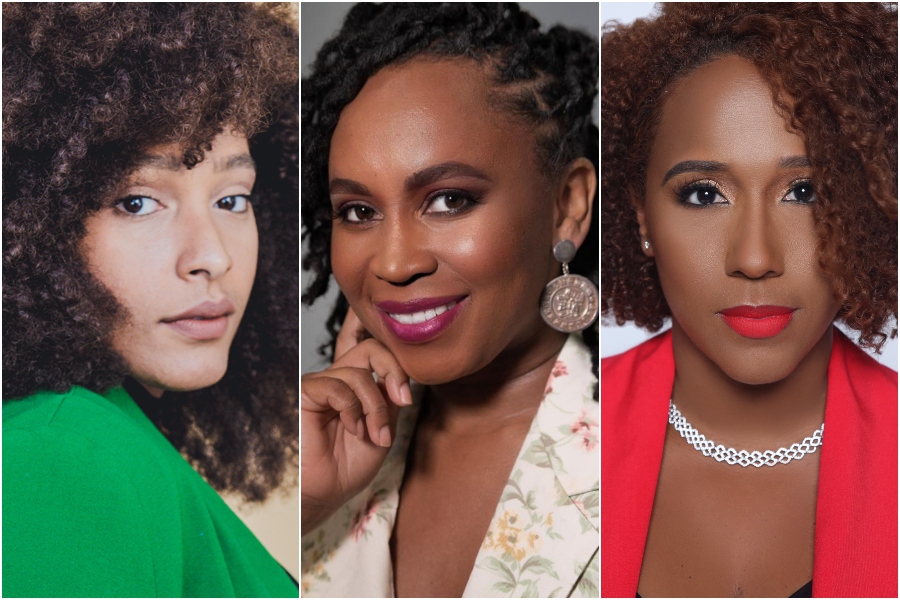
Source: Michelle Ida Heng/Chris Bailey/Elisée Jean-Pierre, @Siiojp / Courtesy Michelle Ida Heng, Sulma Arzu-Brown and Angie Ogando
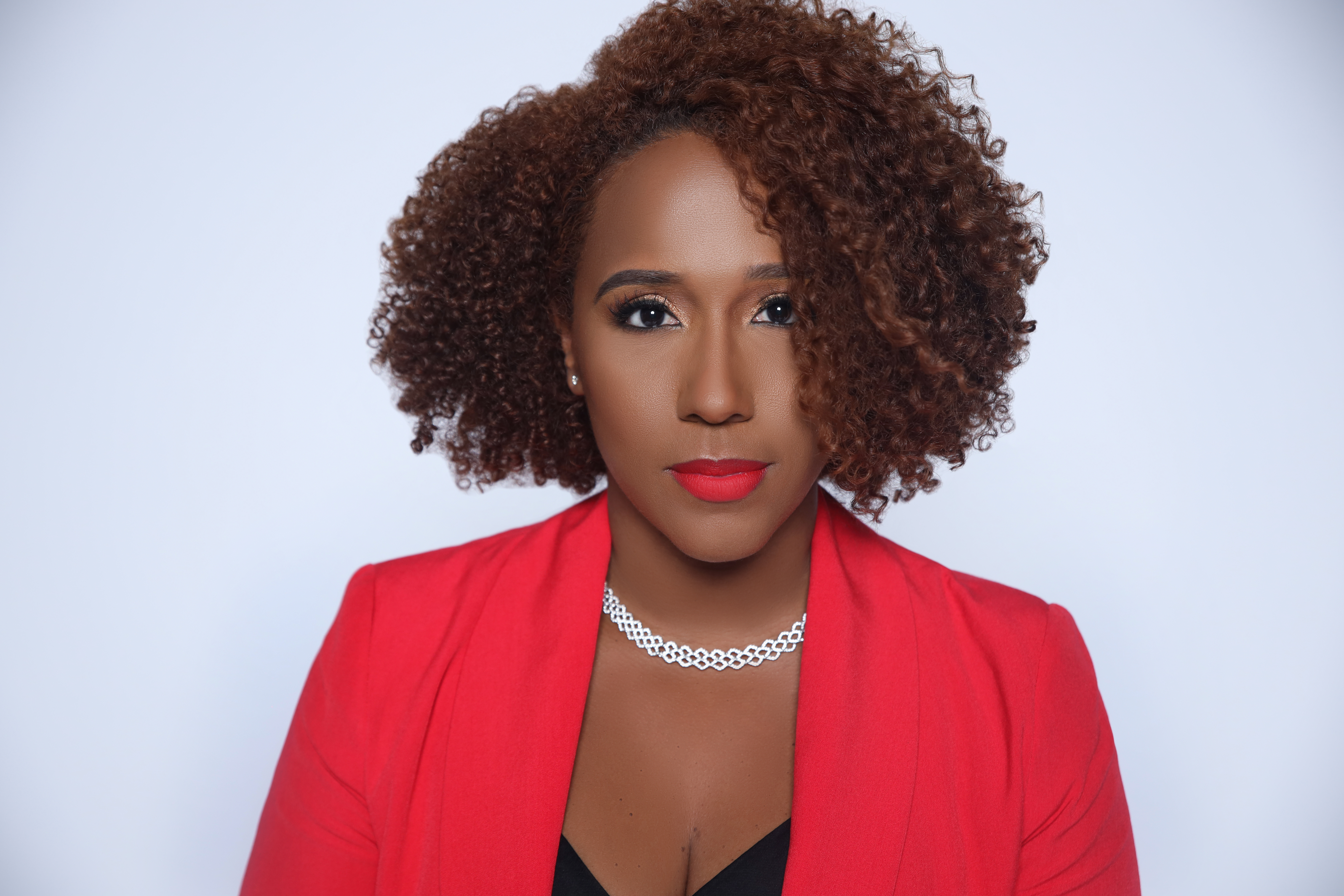
Source: Elisée Jean-Pierre / Courtesy of Angelica Ogando
Angelica “Angie” Ogando
Afro-Latina means being exactly who I was called to be! Every day when I get up I look in the mirror and I see a woman who was born in the Dominican Republic and raised in the City of Newark, New Jersey with Black skin, beautiful curly hair, and a fabulous accent. I see a woman who desires to eat plantains and fried cheese in the morning because it’s an inherent part of her culture.
I am the result of strength and struggle combined with the possibilities of a brighter future. My heritage is from a mix of people who came “without being asked” and people who came “because they wanted to” — both of which are the forces that constantly propel me forward. The blood that runs through my veins is that of my ancestors who did not conform and instead became fighters willing to stand up for those who couldn’t stand up for themselves. I found my Afro-Latinidad heritage the moment I decided to break up with people’s expectations of who I should be and accepted myself exactly as I am… a beacon of light, resilience, strength, and an agent of change.
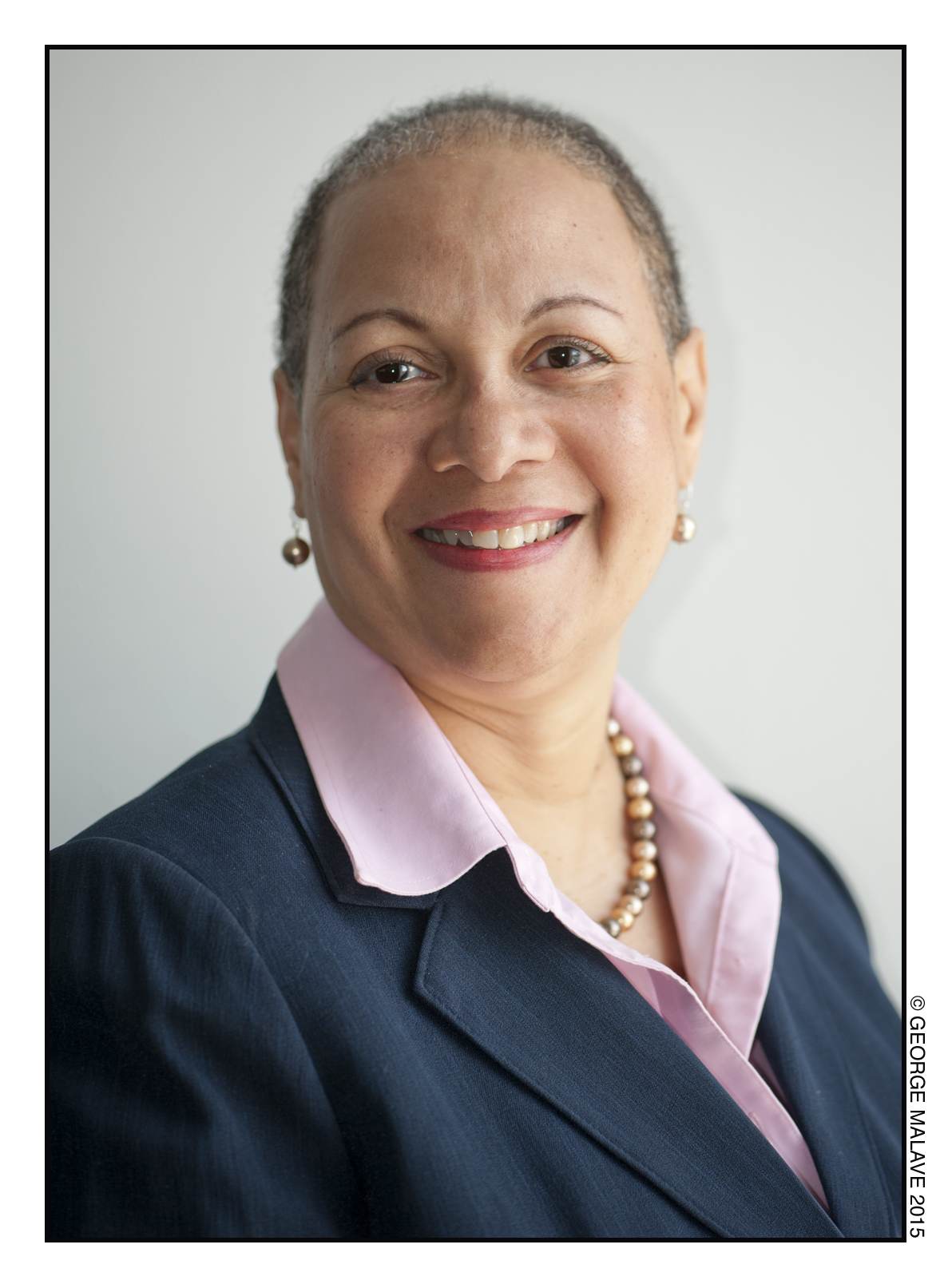
Source: George Malave / Courtesy of Maria Aponte
Maria Aponte
Poet, Founder and President of Latina 50 Plus
Culture. History. Legacy. Language. These are some of the words that come to me when I think of the term Afro-Latina. I grew up in a time where the term Afro-Latina didn’t exist, but over the decades as I got involved with community arts and started out as poet at the Nuyorican Poets Café, identity and culture became my soul. It was what centered me. I am a Brown/Black Puerto Rican woman who had to learn how to navigate racial injustice and stereotypes about Latinas. I will always embrace the term Afro-Latina in honor of our ancestors — those who opened many doors for our younger generations today.
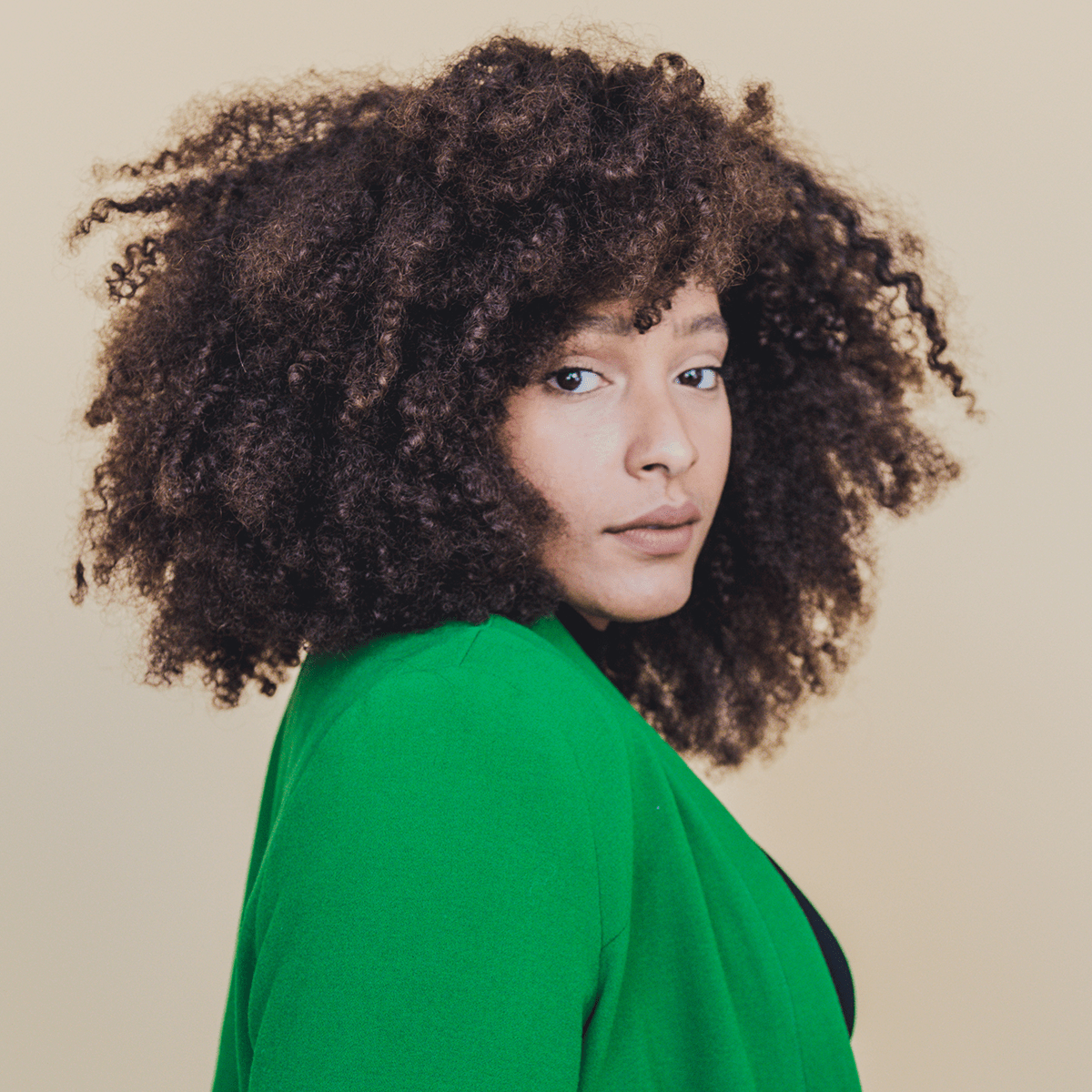
Source: Courtesy of Michelle Ida Heng / Michelle Ida Heng
Michelle Ida Heng
When I first heard the term Afro-Latina it was about four years ago. There was a sense of relief that I don’t think I’ve ever experienced before. It felt like my whole life was an identity crisis up until that point. I was shouting from the rooftops, like… YES! That’s ME! I am AFRO LATINA!Being Afro-Latina means I get to identify as my most authentic self and that is something I am eternally grateful for. The term is an acknowledgment that I am both Black and Hispanic, not to mention, incredibly proud to be both. Unfortunately, being Black and proud was something denied to me pretty much my whole life due to my cultural upbringing. Growing up in a Dominican household where Spanish was my first language, I was forced to get my hair relaxed, and do crazy things like douse myself in cocoa butter so that I could “remain light-skinned.” Once I got older and was able to dictate how I get to live my life, I started my natural hair journey. I can say that it truthfully saved, changed, and elevated my life in ways I never thought possible. I began to heal and feel free of this shame that I had to carry — shame which wasn’t even mine to begin with. Once I learned the term Afro-Latina, I embodied it. It literally gave me confidence. It made me proud, and it helped me understand who I really am.
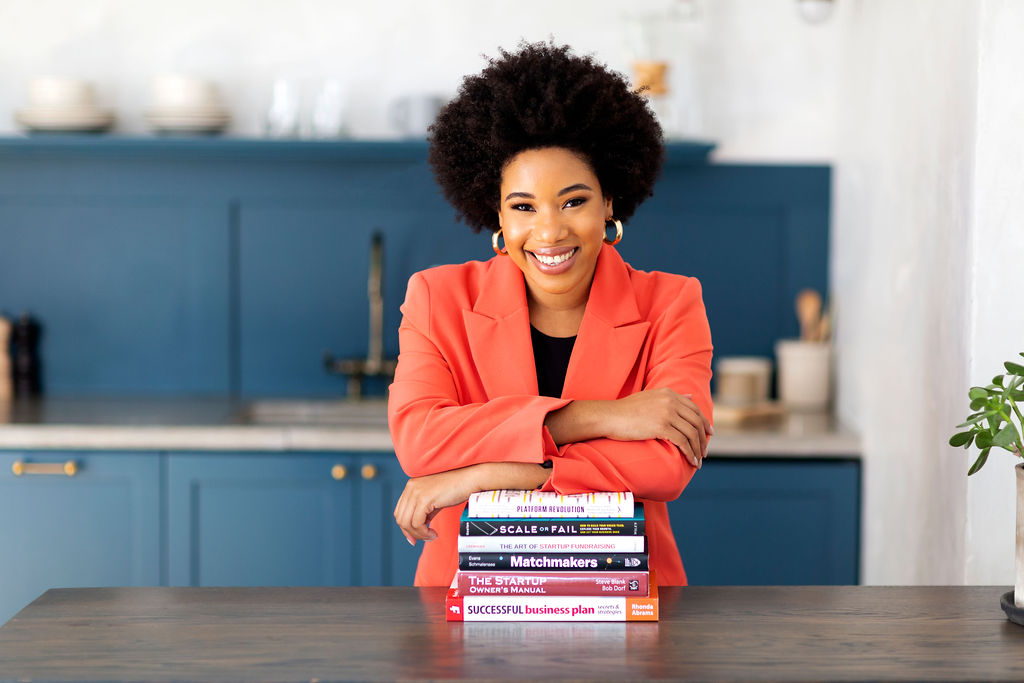
Source: Taylor Balwin of Mama Photog / Leyanis Diaz
Leyanis Diaz
Business Consultant, Speaker, Entrepreneur, Advocate & Influencer
When I was three years old, my parents and I emigrated from Havana, Cuba to Miami. Growing up Afro-Latina, even in a city as diverse as Miami in the ‘90s, was tough. At five years old, one of my classmates asked me where I was from. When I told him I was Cuban, he responded, “I’ve never met a Black Cuban before.”
This was the first time I ever felt different — like an outsider or outcast. I felt like I didn’t fit in and like I didn’t belong because of the color of my skin, my curls, my culture, and my Cuban-ness. People always made me feel like I was too Black to be Latina and too Latina to be Black, as if I had to choose one. It wasn’t until I was an adult in college that I learned that I was Afro-Cuban and Afro-Latina, and that there were millions of people like me who identified as both Latinx and Black. It was in that moment that I felt powerful, proud, heard, understood and like I belonged. Identifying as Afro-Latina has given me an identity and a purpose.
Today, I am proud to be Afro-Latina. The term makes me feel powerful — like I can accomplish and do anything. It comes with the responsibility and understanding that I may be one of the first people who look and sound like me in the room or with a seat at the table. As the first person in my family to graduate from college and complete a master’s degree, the first Afro-Latina to have held the title of Miss Black Florida USA 2017, a business consultant, and an entrepreneur, I’m making strides in my field as a Black Hispanic woman, a demographic that’s often unnoticed and underrepresented. I choose to redefine and retell the stories told about women, immigrants, Blacks, and the Latinx community into stories of hope and resilience, leaving violence, poverty, and weakness behind in search of something better.
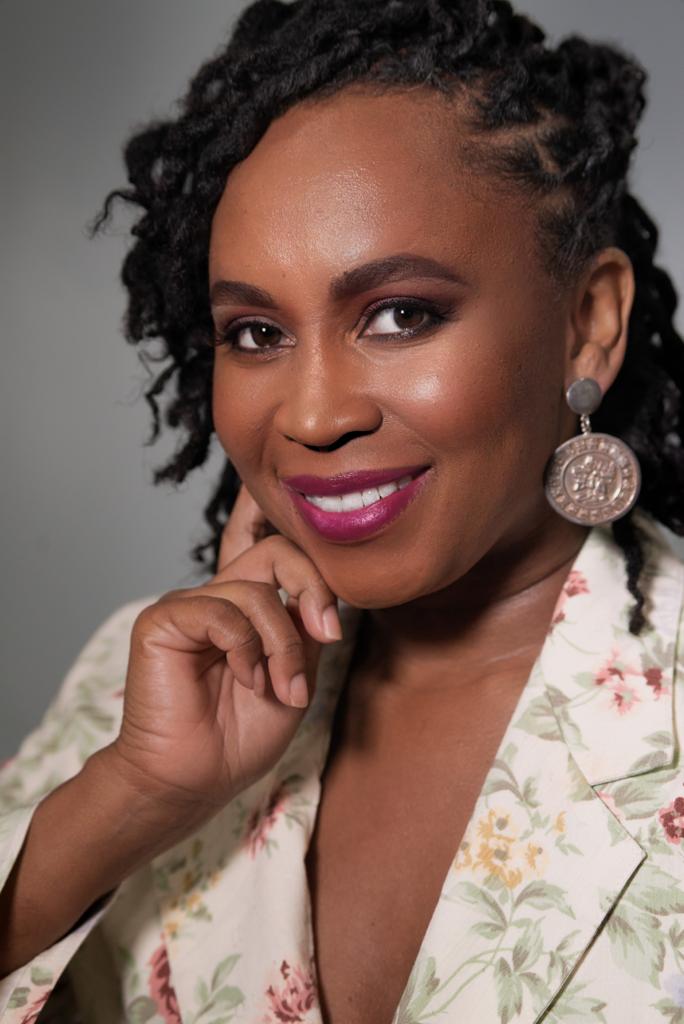
Source: Chris Bailey / Courtesy of Sulma Arzu-Brown
Sulma Arzu-Brown
Author, Speaker, and Consultant on Diversity, Inclusion Equity & Belonging
I am a proud Garifuna woman. The Garifuna people hail from the Island of St. Vincent and the Grenadines. However, because Honduras was a Spanish colonized country in Central America, because the Spanish did not enslave my Garifuna ancestors who landed on the Island of Roatan by divine intervention, and because Honduras is the place of my birth, it’s a pleasure to also identify as an Afro-Latina.
Being an Afro-Latina comes with the responsibility of honoring my ancestor’s resilience and their fight for equity in a world that felt they did not belong. My Garifuna culture survived because we strategically planned and worked every obstacle as one solid community.
Additionally, I feel my responsibility as an Afro-Latina is to circulate information with all Black Indigenous People of Color, especially my African American brothers and sisters. I do this through my books Bad Hair Does Not Exist!/Pelo Malo No Existe! and My Hair Comes With Me-Shifting the Paradigm of What Success Looks Like both illustrated by fellow Afro-Latina Isidra Sabio. The books were written to highlight the humanity of Black people globally by illustrating shared human experiences. By writing our own narratives, they also offset the negative media depiction of who we are.







